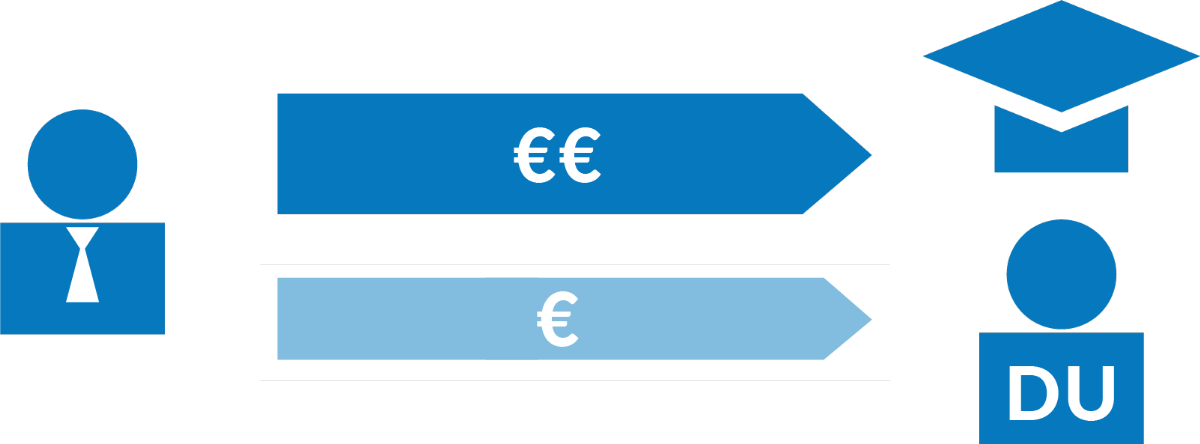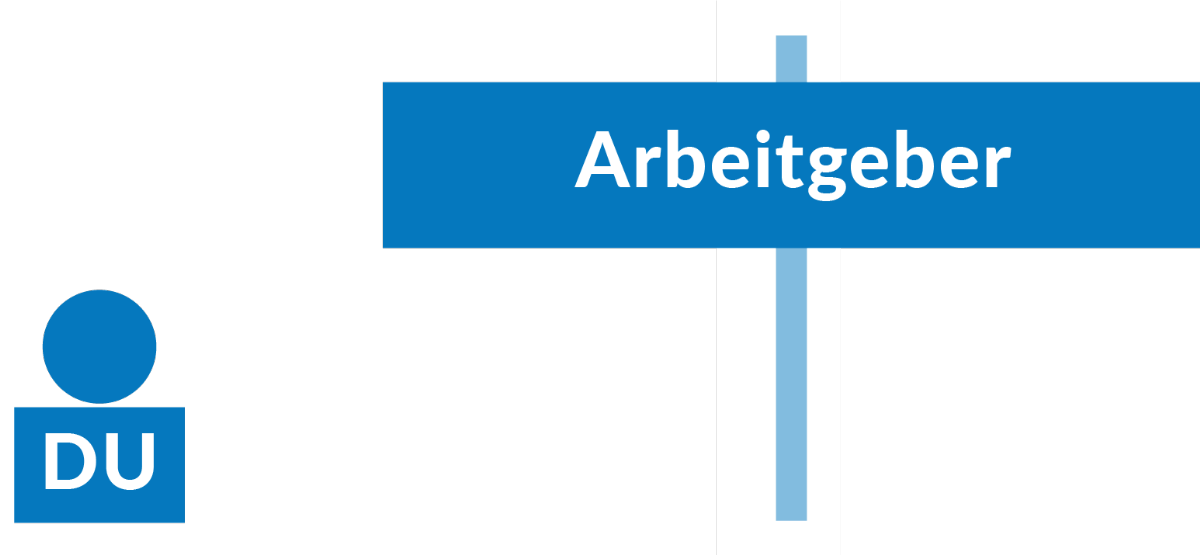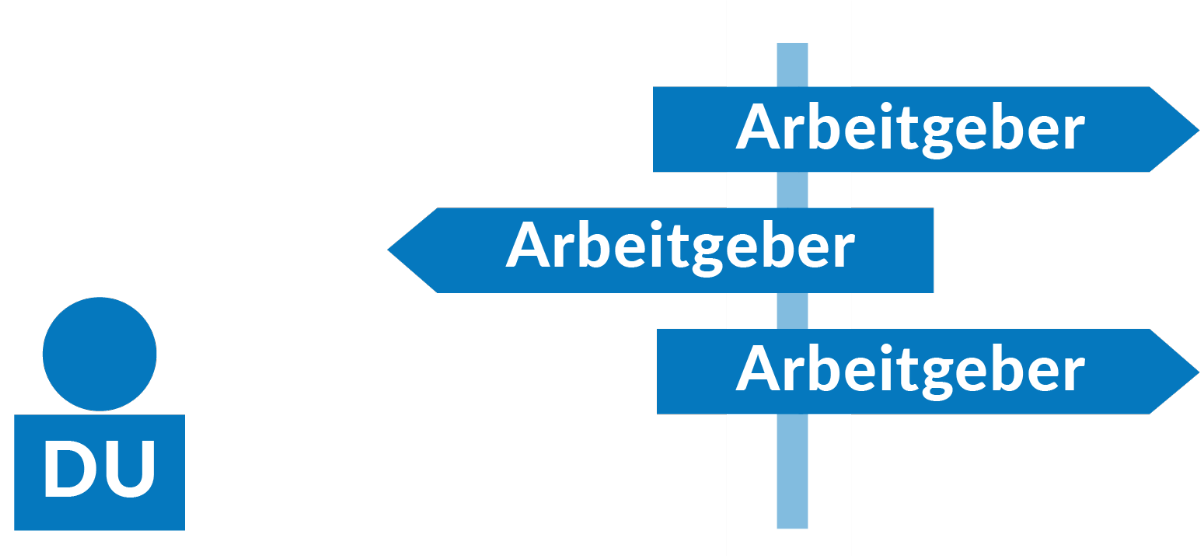- Full-time study
Full-time study means that your studies are your main activity. As a full-time student at the FHD, you attend classes 4 days a week and can, of course, work part-time if you wish (e.g. 10-20 hours per week).
- Part-time study
With part-time studies, it's the other way around: you mainly work (e.g. 30 hours per week) and study on the side (e.g. on Friday evenings and Saturdays). The course is organized in such a way that it can be optimally combined with work and family life. This form of study is particularly suitable for those who are already in the middle of their professional life but would like to develop further. You keep your job and your secure income and gain further qualifications on the side.
- Dual study program
In the dual study program, you complete your studies alternately through course phases at the university and fixed practical phases at a company that is a cooperation partner of your university.
The dual study form is currently offered at the FHD for the new Nursing degree course (B.Sc.).

Vollzeit, berufsbegleitend, dual
What forms of study are there?
Study, but practically! How can you combine studying and working?
Would you like to study and work at the same time, but are unsure which form of study is right for you?
We don't offer a dual study program at the FHD, but offer you more freedom in the individual design of your studies in combination with your job. With us, you can either combine a full-time degree course with a part-time job or you can study alongside your job.
What are the differences between a dual study program at other universities and a full-time or part-time study program at FHD? We have compiled the most important differences for you:
DUAL STUDIES at other universities
The dual study program is almost the same as later in your professional life: Your working hours are contractually fixed and usually amount to 40 hours per week during the practical phases. Instead of semester breaks, you have contractually agreed vacation. Your practice partner usually pays your tuition fees. You are therefore dependent on them to finance your studies. Whether you also receive a salary depends on your employer.
Du bindest Dich vertraglich für die gesamte Dauer des Studiums an ein Unternehmen. Deine Praxiserfahrung sammelst Du nur dort, ein Wechsel des Praxispartners (oder auch des Studiengangs) ist oft nicht oder nur schwer möglich. Meist hast Du gute Übernahmechancen. Jedoch kann Dich Dein Arbeitsvertrag noch mehrere Jahre nach Deinem Abschluss an das Unternehmen binden.
FULL-TIME STUDIES or PROFESSIONAL STUDIES at the FHD
Here you have it in your own hands: you decide where, when and to what extent you work. You either study alongside your job (part-time study) or you work flexibly alongside your studies (full-time study). You earn your own money to cover your tuition fees. How much you earn depends, of course, on your choice of part-time job and your working hours.
You can change your (part-time) job at any time, try things out and gain insights into different practical areas. This will help you find out which direction you want to take later in your career. Your CV will already be filled with valuable experience during your studies, which will go down well with employers. All doors will be open to you after your studies.





